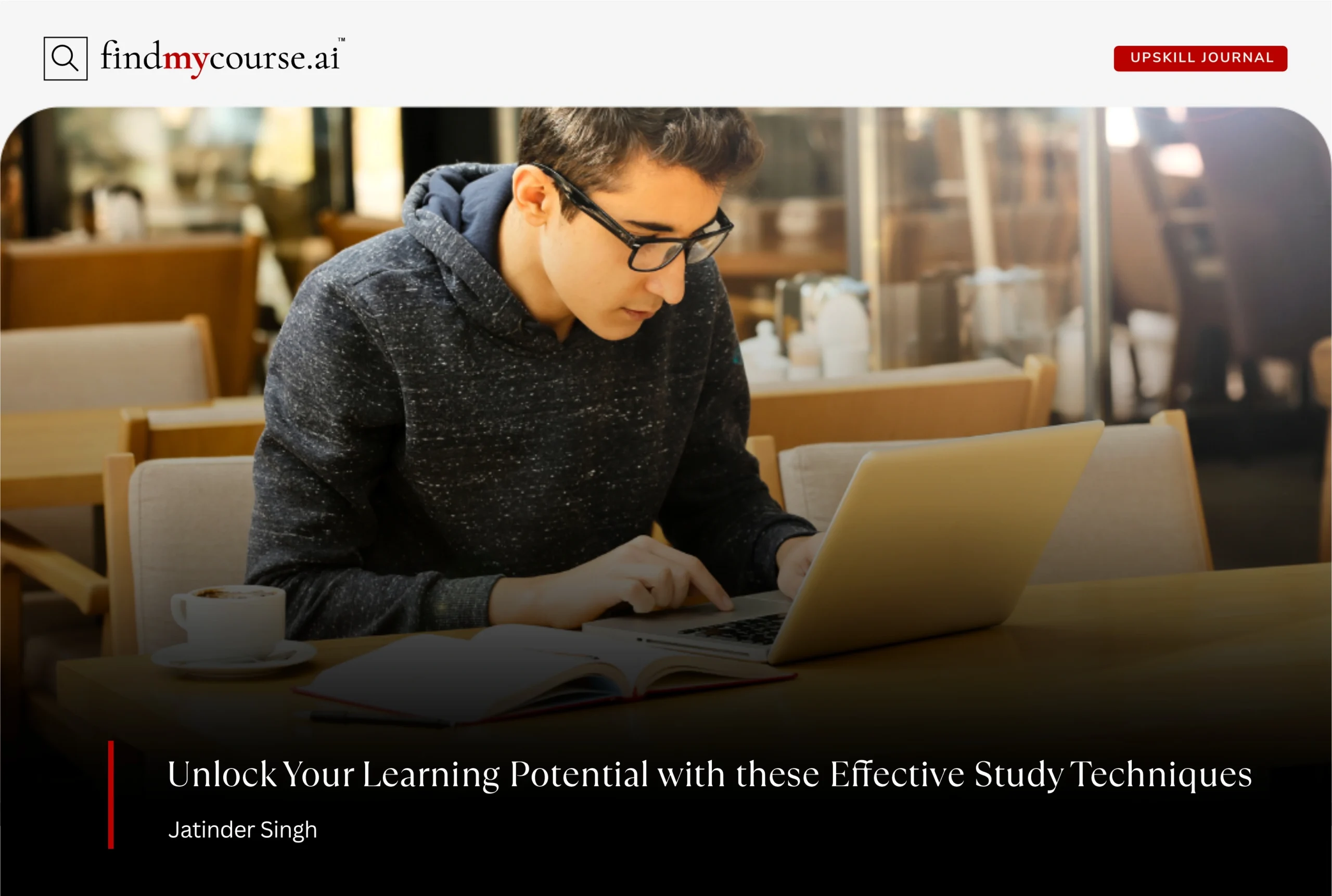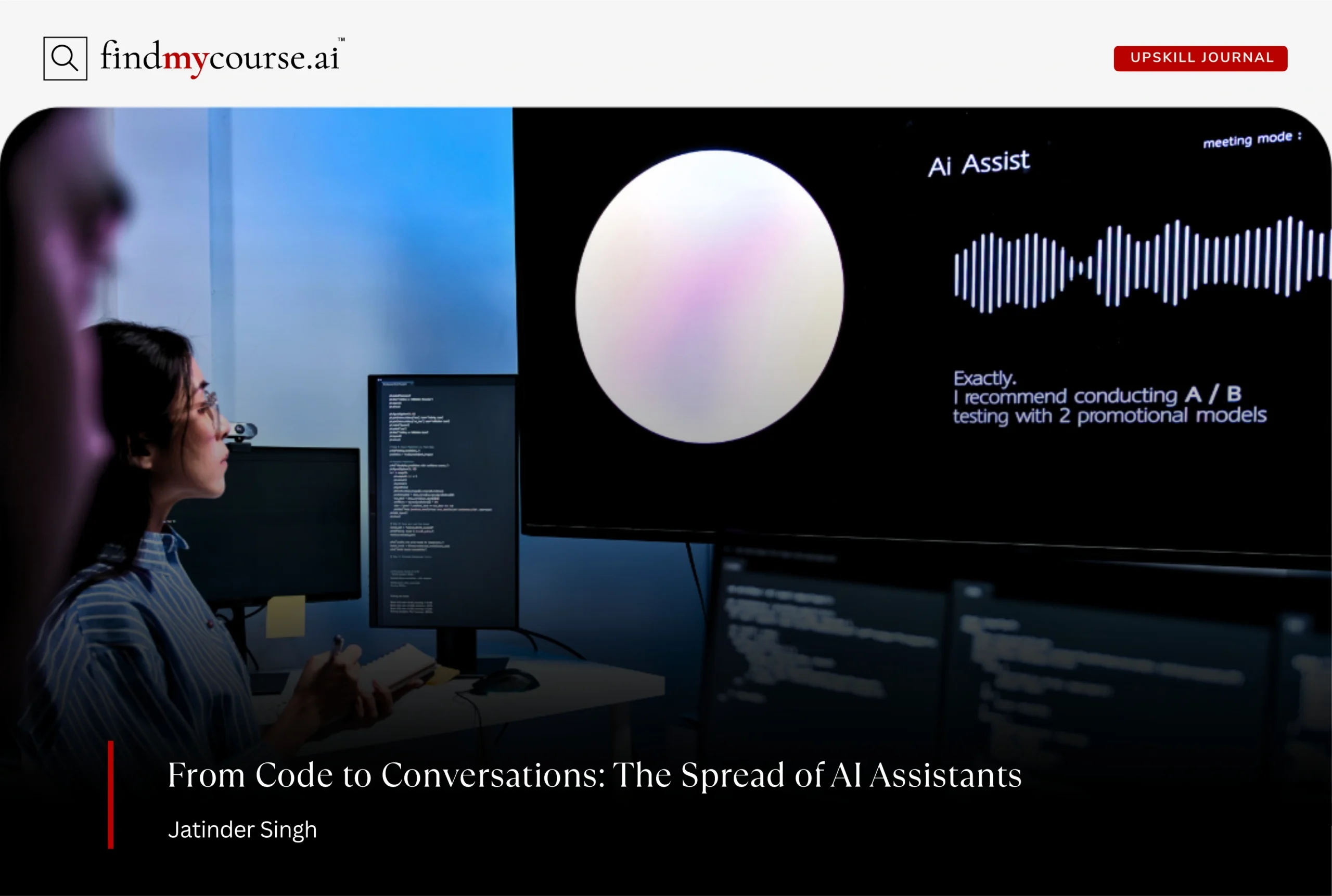In a world of constant distractions and rising academic pressure, studying often feels exhausting rather than effective. Many students put in long hours yet fall short—not from lack of effort, but from using inefficient methods. The truth is, success isn’t about how long you study, but how wisely you use that time. With the right strategies, you can absorb more, focus better, and retain information longer. Whether you’re preparing for exams or studying online, mastering these effective study techniques can transform how you learn—and equip you with skills that last far beyond the classroom.
8 Proven Techniques to Boost Learning and Retention
Every student wants to study better, retain more, and feel less overwhelmed—but very few are ever taught how to do that. The truth is, success in studying doesn’t come from working harder. It comes from working smarter with methods that are proven to boost retention, focus, and long-term learning.
Below are eight effective study techniques that go beyond cramming and highlight reels. Whether you’re in a traditional classroom or trying to study online, these strategies will help you make the most of every study session—and build habits that stick for life.
Space It Out: The Power of Spaced Repetition
One of the most powerful memory tools available is also one of the simplest: spaced repetition. Rather than trying to master a topic in one sitting, you revisit it at gradually increasing intervals—say, after one day, three days, a week, and so on. This technique works with your brain’s natural memory cycle, strengthening recall every time you review just before forgetting. Try this:
• Create digital flashcards using apps like Anki or Quizlet.
• Schedule quick review sessions into your calendar.
• Focus on reviewing—not re-reading—key concepts over time.
Spaced repetition is ideal for mastering facts, formulas, vocabulary, or historical dates. It’s one of the most effective study techniques for long-term learning—especially if you’re juggling multiple subjects and want to avoid cramming.
Don’t Just Read—Recall
Active recall is widely recognized as one of the most effective study techniques because it forces your brain to work harder—and smarter. Instead of simply re-reading or highlighting information, you challenge yourself to retrieve it from memory without looking at your notes. This process strengthens neural pathways, making the information stick far better than passive review ever could.
Here’s how to use active recall effectively:
• Summarize what you’ve just learned out loud or in writing, from memory.
• Answer practice questions—or create your own to test understanding.
• Teach the material to someone else, or explain it to yourself as if you’re the teacher.
If you want to retain knowledge beyond a day or two, active recall is essential. It transforms how you engage with the material and significantly improves long-term memory.
Study in Short Bursts: The Pomodoro Technique
Ever find yourself zoning out after 30 minutes of studying? That’s where the Pomodoro Technique comes in. It breaks your study time into focused 25-minute sessions, followed by short breaks.
This method improves focus and stamina while preventing mental fatigue. After four sessions, you take a longer break—15 to 30 minutes.
It works particularly well when:
- You’re feeling unmotivated to start.
- You’re juggling studying with other commitments.
- You’re studying online and want to stay disciplined.
All you need is a timer—and a commitment to give each session your full attention.
Think in Diagrams: Visual Learning with Mind Maps
If you’re a visual thinker, mind mapping can transform the way you study. This technique organizes ideas around a central concept, using branches, colors, and keywords. It helps you see relationships between ideas and simplify complex topics.
Mind maps are ideal for:
- Planning essays or presentations.
- Revising broad subjects like biology or economics.
- Understanding big-picture concepts—like the importance of financial literacy.
They’re especially helpful when you need to synthesize information or think creatively. Whether on paper or with tools like X Mind or Miro, mind mapping adds structure and depth to your learning.
Set the Scene: Create a Focused Effective Study Environment
Your environment shapes your focus more than you might think. The wrong setting—noisy, cluttered, full of distractions—can sabotage even the best study plan. Creating the right space is one of the most overlooked yet effective study techniques for improving concentration and productivity.
Simple ways to optimize your space:
- Choose a quiet, well-lit area.
- Keep your desk organized and materials within reach.
- Turn off notifications or use focus apps like Forest or Freedom.
- If you study online, create a separate “study zone” at home.
Even background music matters. Instrumental playlists or ambient sounds can help you concentrate better without distracting lyrics.
Upgrade Your Note-Taking Style
Effective notes don’t just record information—they help you process and recall it later. Instead of copying everything down, focus on organizing and summarizing ideas clearly.
Try one of these methods:
- Cornell Notes: Divide the page into three sections—main notes, cues, and a summary. Great for lectures.
- Outline Format: Use bullet points and indentation to show hierarchy. Perfect for subjects with lots of structure.
- Charting: Compare and contrast ideas—ideal for topics like budgeting, where you might compare financial literacy books or financial tools.
Choose the method that suits your learning style, and stick to it consistently.
Make Room for Financial Literacy
You’re not just studying for grades—you’re building life skills. One of the most overlooked but essential ones is financial literacy.
So, what is financial literacy?
It’s the ability to understand and manage money—how to budget, save, invest, and avoid debt. And the importance of financial literacy is growing, especially for students who will soon manage rent, credit cards, and even student loans.
Start building this skill by:
- Reading beginner-friendly financial literacy books like The Psychology of Money or Rich Dad Poor Dad.
- Enrolling in a free financial literacy course online.
- Tracking your spending habits in a journal or budgeting app.
Financial literacy for students isn’t just helpful—it’s empowering. The earlier you understand how money works, the better decisions you’ll make throughout your life.
Consistency Over Intensity: Build a Study Routine That Lasts
The best study technique in the world won’t work if you only use it once. Success comes from consistency.
To build a routine that works:
- Schedule study blocks around your peak energy hours.
- Alternate subjects to stay mentally fresh.
- Review older material regularly with spaced repetition.
- Set goals for each session—what you want to accomplish and what you’ll review next.
Most importantly, listen to your body. Rest, sleep, and mental breaks are part of the process. Productivity isn’t about doing more—it’s about doing the right things, consistently.
Common Study Mistakes to Avoid
Avoid these all-too-common study habits that can hold you back:
- Relying on passive techniques like re-reading or highlighting, which feel productive but don’t support long-term retention.
- Cramming the night before exams, which may help short-term but weakens understanding over time.
- Studying for long periods without breaks, leading to mental fatigue and reduced focus.
- Multitasking while studying—switching between your phone, music, or other distractions ruins concentration.
- Ignoring your study environment—a noisy, cluttered space can undermine even the best techniques.
- Skipping review sessions, especially spaced repetition, which is key to turning short-term learning into lasting knowledge.
- Failing to track progress or goals, which makes it harder to stay motivated and measure improvement.
Avoiding these mistakes, alongside using the right strategies, will make your study sessions far more effective—and much less stressful.
Final Thoughts: Effective Study Techniques
Success in learning isn’t about studying harder—it’s about studying smarter. By applying these effective study techniques, you’ll retain information longer, improve focus, and reduce exam stress. With time and consistency, these habits can transform your academic journey. If you have more questions or need personalized tips, our AI assistant is here to help you every step of the way. Remember, the way you study today shapes the way you succeed tomorrow.


